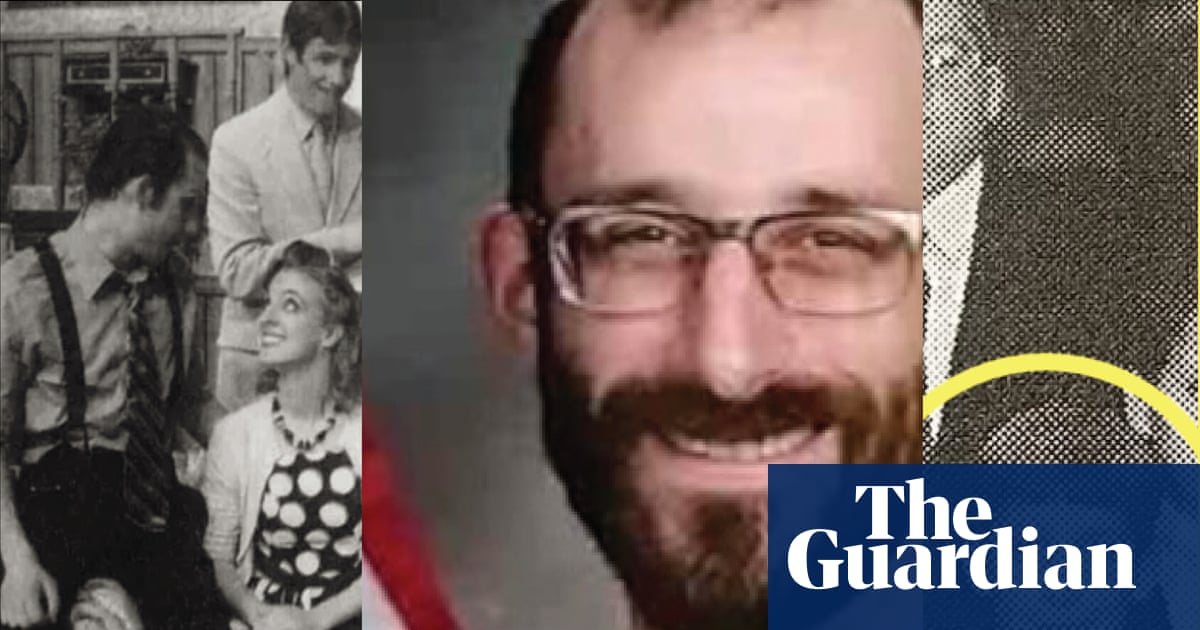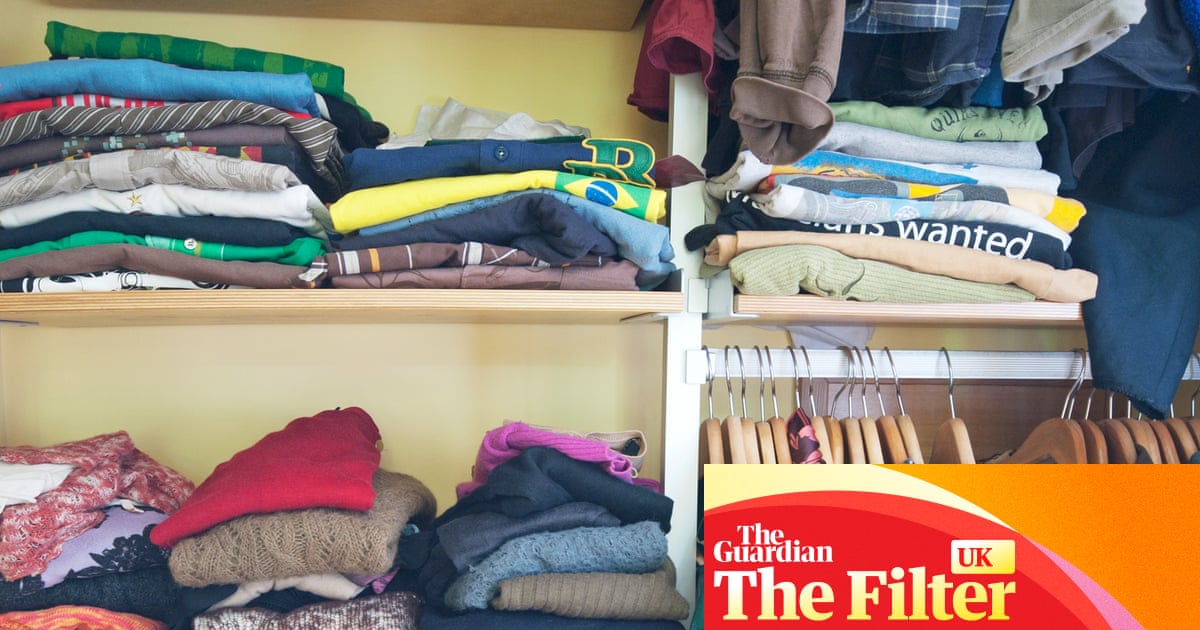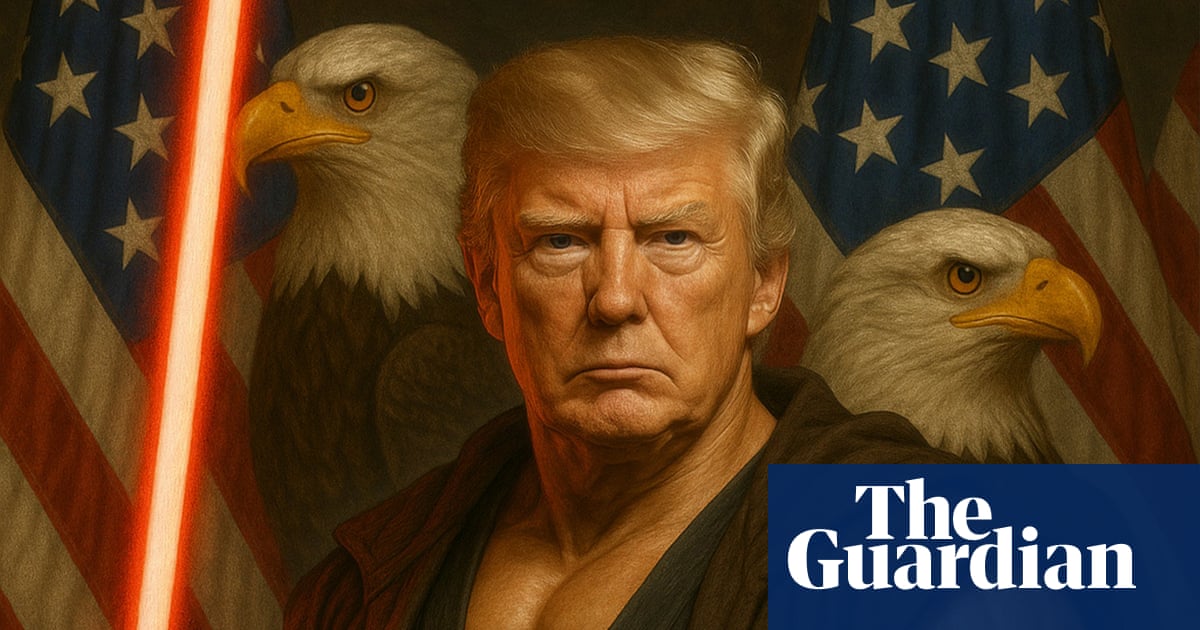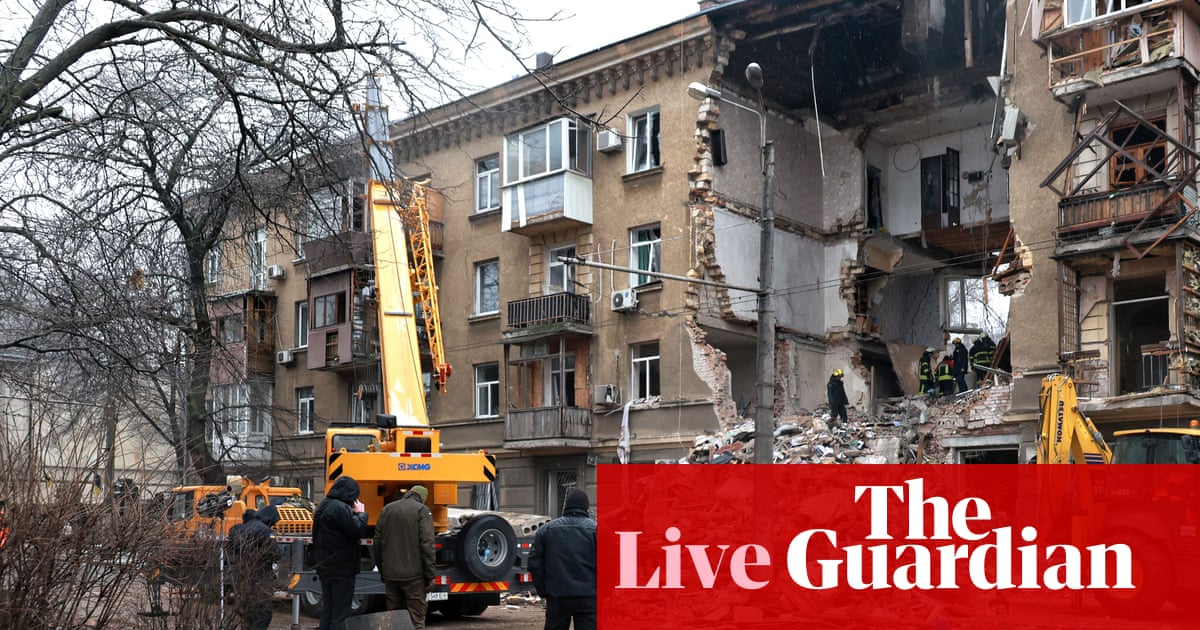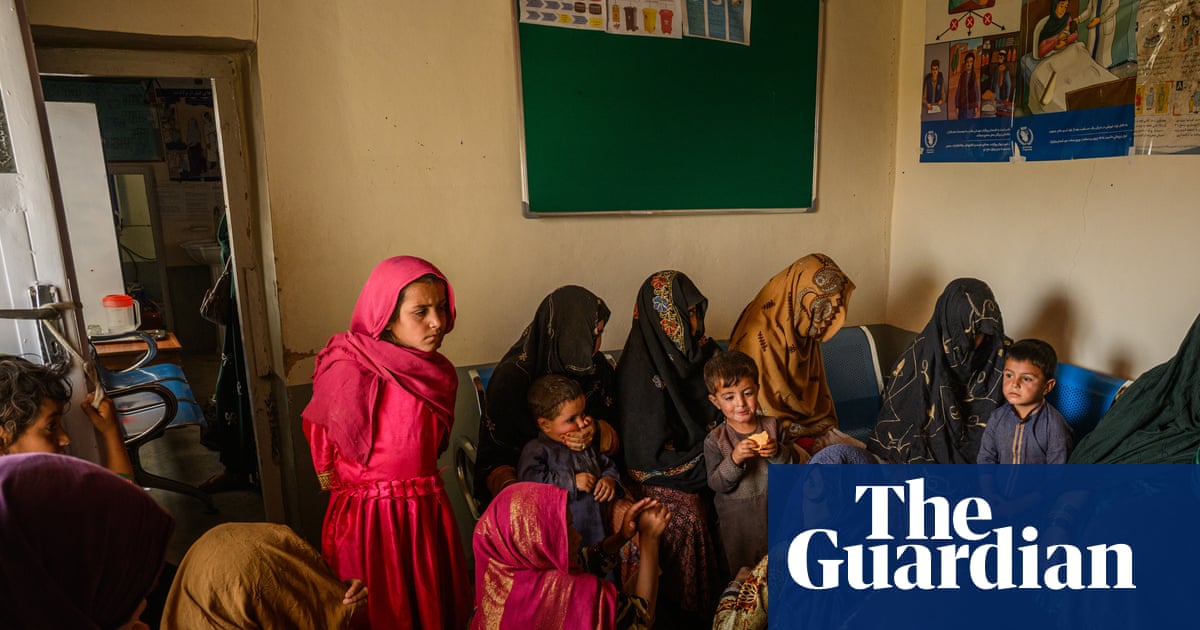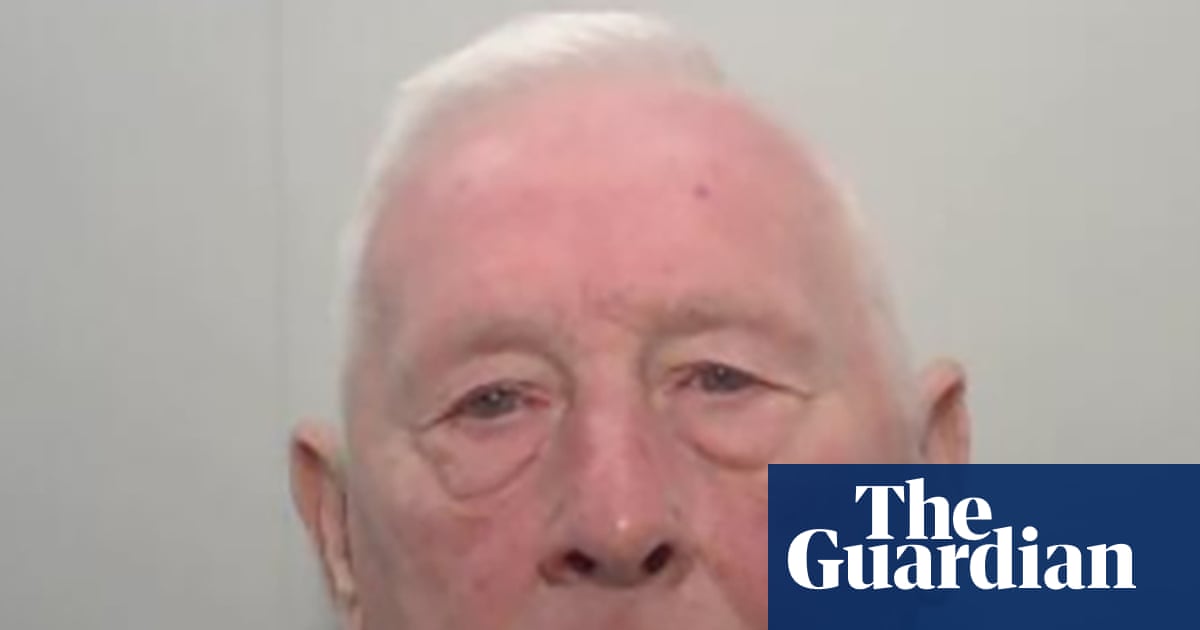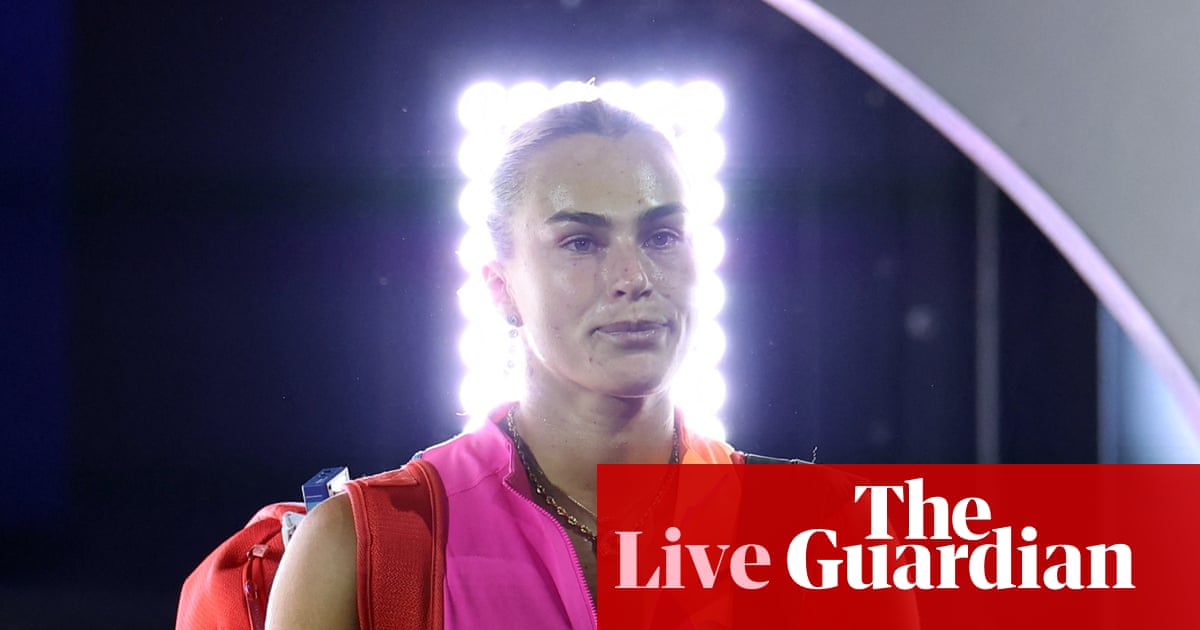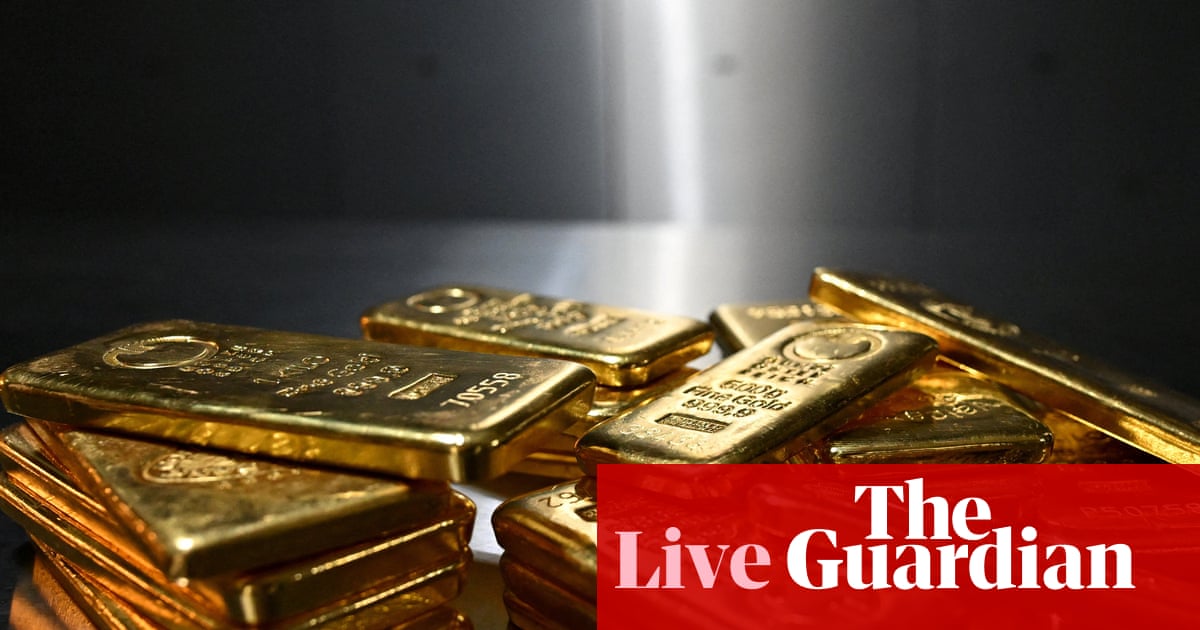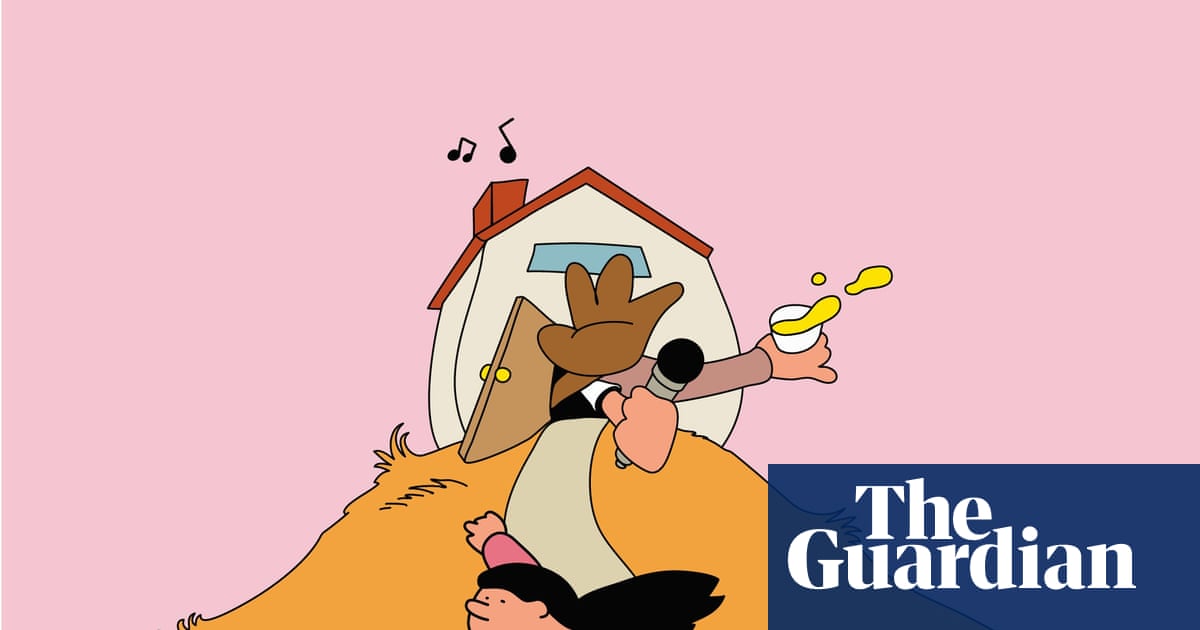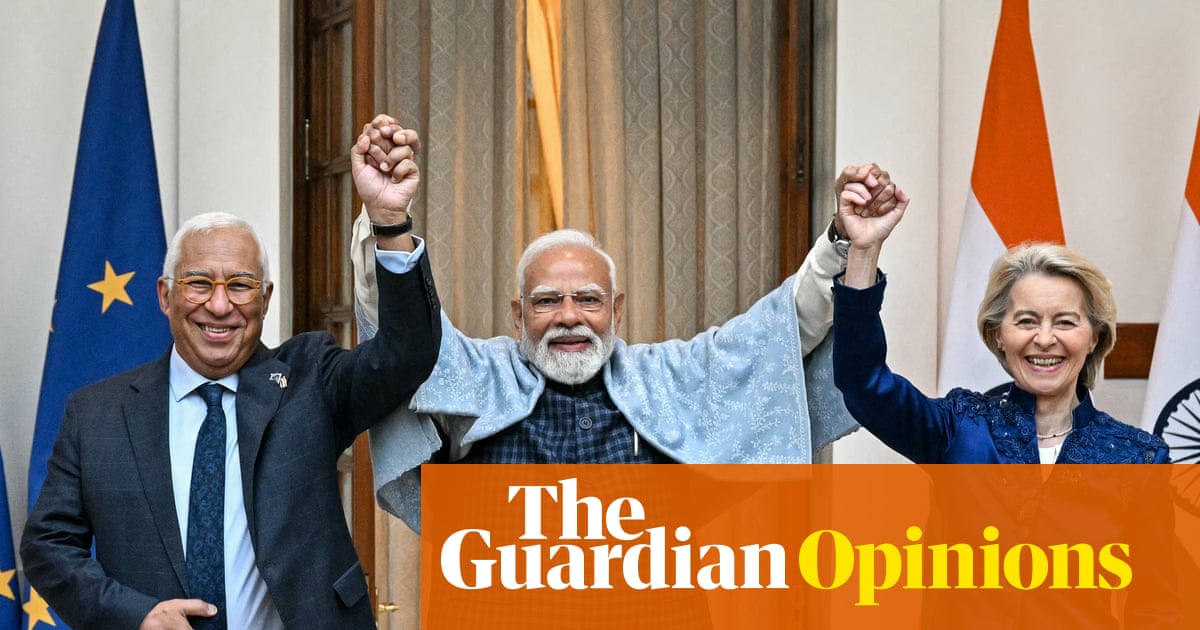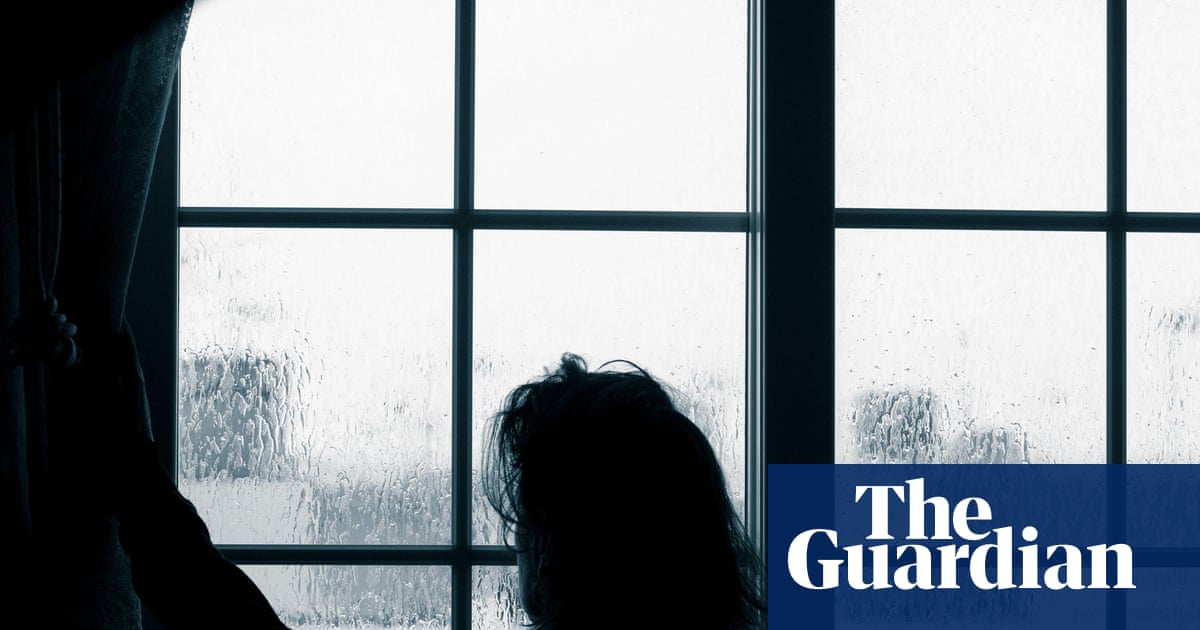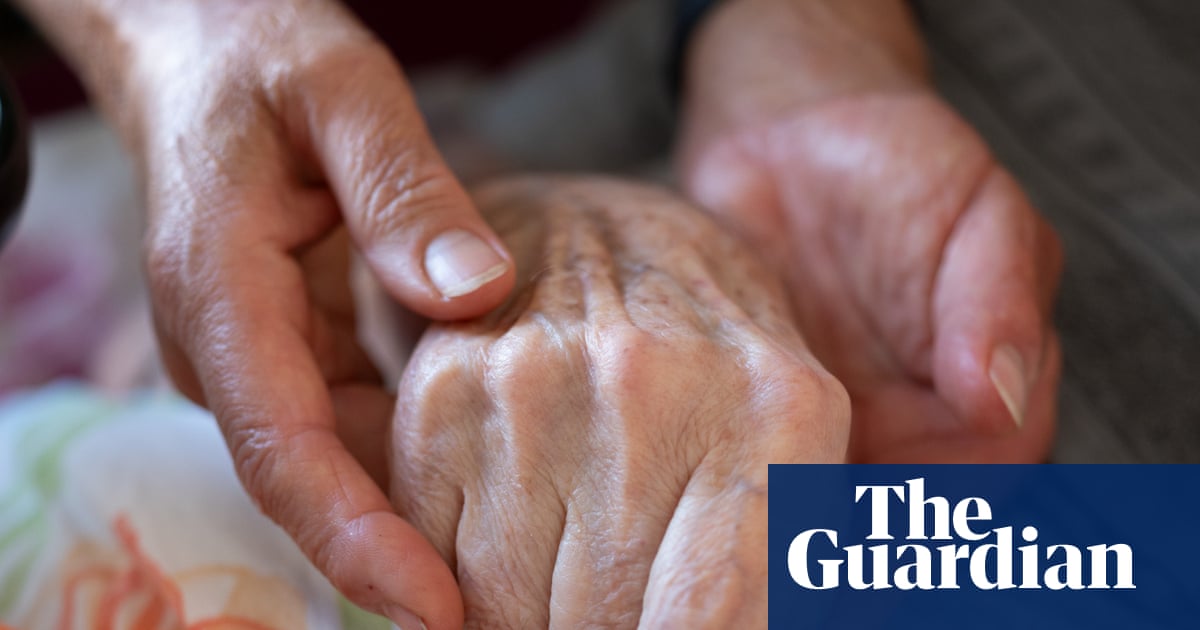A pro-Kremlin pundit who for years has hailed Vladimir Putin as one of history’s great men in appearances on foreign media. A military blogger, zealous fundraiser for Russian troops, and promoter of openly genocidal rhetoric about Ukraine.
A Ukrainian-born army volunteer and commentator for the state-controlled RT network lamenting that Russia had not launched its full-scale invasion sooner.
These are the kinds of characters who have thrived in recent years in Putin’s Russia, where unwavering loyalty and militant enthusiasm for the war in Ukraine were rewarded with money, status and influence.
Yet all three – along with other outwardly pro-Kremlin figures – have of late found themselves targeted by the very state they once praised, which has turned its repressive machinery inward.
Sergei Markov and Roman Alyokhin, respectively the political analyst and pro-war blogger, were both designated as “foreign agents” this year, a label previously used against anti-Putin voices. Carrying a negative Soviet-era connotation, it obliges people to identify themselves as foreign agents on social media and in other publications, as well as exposing them to crippling financial limitations.
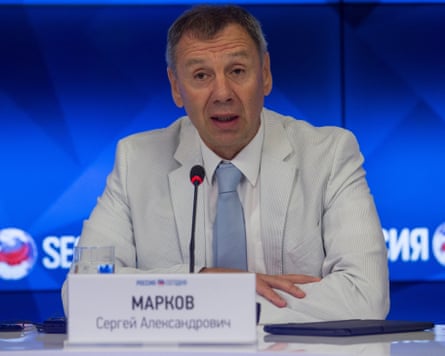
Tatyana Montyan, a Ukrainian-born commentator, was last week designated a “terrorist and extremist” – a label normally applied to those the Kremlin sees as its most dangerous enemies, including members of the late Alexei Navalny’s team.
Taken together, analysts say, the cases point to a new trend: a purge not only of dissenters but also of the regime’s own supporters, as rival factions within the system turn on each other.
“First, they went after the anti-war voices. Now there are none left, and the repressive machine cannot be stopped,” said the Russian political scientist Ekaterina Schulmann.
Moscow has offered no official explanation for the crackdowns, and each case appears on the surface to have been triggered differently.
Markov, who is known to maintain ties with Azerbaijan’s political elites, is thought to have fallen out of favour after relations between Moscow and Baku dramatically soured.
Alyokhin was accused of misusing funds he raised for Russian troops after he flaunted a new sports car and an expensive watch on social media. Montyan has likewise faced scrutiny over the misappropriation of money raised for the front.
Beneath those apparent reasons, observers say, lies a deeper rift.
Schulmann describes the divide as a struggle between two rival camps – the veteran propagandists tightly bound to the defence ministry and the Kremlin, known as the “loyalists”, and the sprawling grassroots movement of ultranationalist war supporters known as the “militarists” or Z-bloggers, after the letter that has become a symbol of the invasion.
Made up of hundreds of prominent bloggers and volunteer activists, they have raised money, bought drones and vehicles, and delivered supplies directly to the frontlines. It took shape as a network soon after Putin’s full-scale invasion of Ukraine in 2022, when it became clear that the army often failed to provide even the most basic equipment and support.
The hard-line “militarists” have at times openly criticised the way the war is being waged, and their relative independence of the state has led Moscow to endorse attacks against them.
“Autocracies fear civic mobilisation of any kind,” Schulmann said. “Any authentic movement, including a pro-war one, is perceived as obstructive and potentially dangerous.”
The Kremlin has in the past moved to curb parts of the pro-war movement where it has slipped from its control, most notably by imprisoning the popular far-right commentator Igor Girkin in 2024.
With billions of roubles channelled toward the war in Ukraine, money has emerged as another point of contention.
“At its core, their conflict is a battle for resources,” said Ivan Philippov, a Russian researcher and writer who specialises in the country’s pro-war movement. He described how Vladimir Solovyov, a powerful television propagandist who is the public face of the “loyalist” camp with close ties to the defence ministry, had spearheaded efforts to purge the pro-war bloggers and volunteers, reportedly angered that many of them raised more funds for the front than his own state-approved charity.
The irony of the crackdown has not escaped Russia’s longstanding anti-Putin opposition.
“It’s been amusing to watch how those who never objected when liberals were imprisoned are suddenly discovering that justice in Russia is selective, that literally anyone can be thrown in jail without cause,” Philippov said. It is many ways a modern echo of the old Soviet refrain: “Comrade Stalin, a terrible mistake has been made!” – a phrase once uttered by devoted communists who realised too late that Stalin’s purges would not spare even the faithful.
“It’s some sort of misunderstanding,” protested Markov, hours after being labelled a foreign agent.
Alyokhin adopted language more commonly used by human rights groups, lamenting that the foreign agents law “violates the Russian constitution itself” and was “a serious infringement of civil rights”.
Schulmann expects more arrests to follow. Having already jailed or exiled most of Russia’s anti-war dissent, the analyst said, the system is now bound to look for new enemies.
“The Russian repressive apparatus has to fill its quotas. The machine must keep feeding itself,” she said.

 2 months ago
42
2 months ago
42
